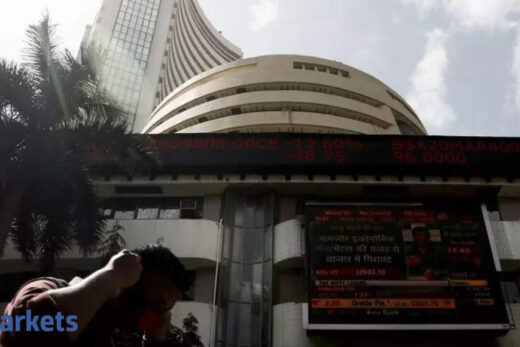The dollar index rose to its highest since mid July, gaining against the yen, while the euro neared year-to date lows against the greenback.
MSCI’s broadest index of Asia-Pacific shares outside Japan rose 0.08% in Asian trading, with Chinese bluechips down 0.38% Korea’s KOSPI down 0.37%.
Improving US economic data and a more hawkish tone from Federal Reserve officials have led markets to expect the central bank to begin tapering its asset purchases later this year, pushing up yields and supporting the dollar.
But the move has been well flagged, meaning a repeat of the so-called “taper tantrum” of 2013 that shook markets when the Fed began putting the brakes on its quantitative easing program, is unlikely said Ray Farris, chief investment officer South Asia, Credit Suisse.
“In Asia there’s a little bit of concern about tapering but there is increasing understanding that we’re unlikely to get a tantrum,” said Farris.
“But there is a lot more concern about Delta because of its impact on a lot of Asian economies where vaccination rates are lower,” he said.
The Delta variant of the new coronavirus is spreading quickly in many Asian countries raising fears about local travel restrictions, hurting the economic recovery.
Australia was a rare bright spot, with the local index gaining 0.61%, helped by the announcement of a record share buyback by country’s largest bank, Commonwealth Bank of Australia, with its annual results.
Japan’s Nikkei gained 0.57%.
The dollar was supported by rises in longer and shorter dated treasury yields which reached their highest levels since mid July, with yields on benchmark 10-year Treasury notes touching a five week high of 1.3610%.
The Dow and S&P 500 closed at record highs as economically sensitive value stocks gained with the US Senate’s passage of a $1 trillion bipartisan infrastructure package, which now passes to the House of Representatives.
The infrastructure package could provide the nation’s biggest investment in decades in roads, bridges, airports and waterways.
Elsewhere, the stronger dollar and higher bond yields weighed on gold, with the spot price falling 0.2%. Higher interest rates typically hurt non interest bearing gold.
Oil held on to gains in Asian trading, having risen 2% on Tuesday, on signs of rising fuel demand in the United States.
US crude ticked up 0.01%, Brent crude was flat.



